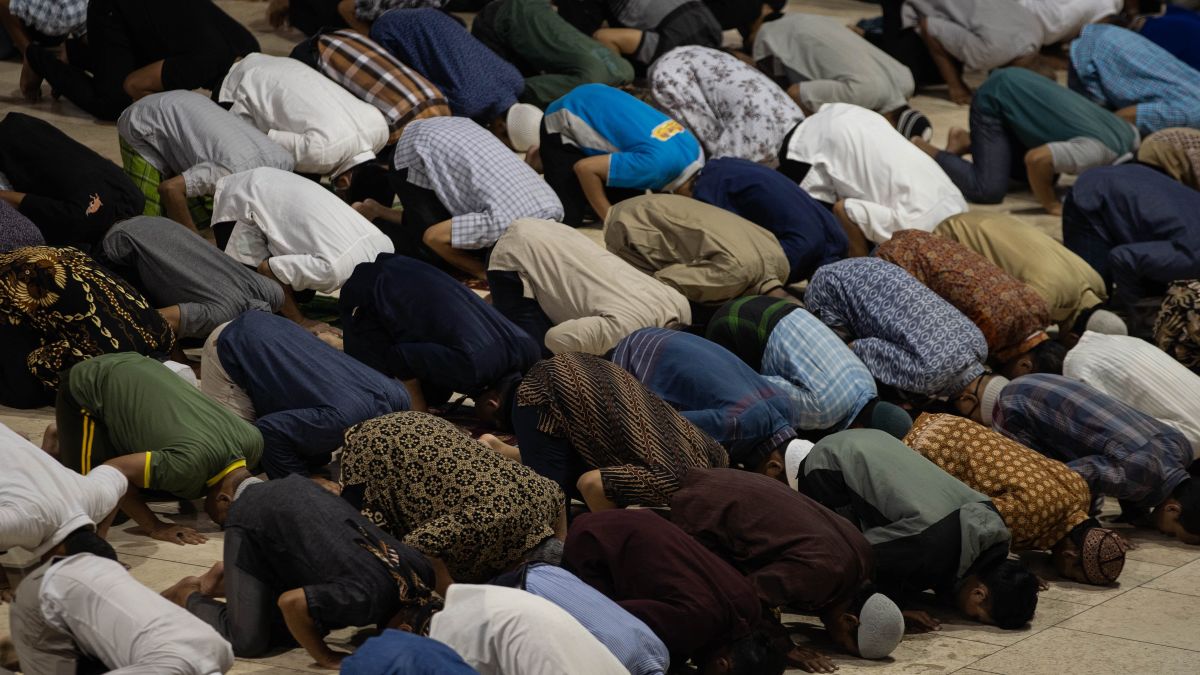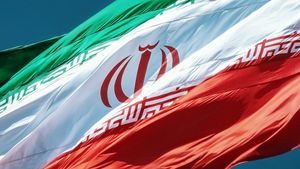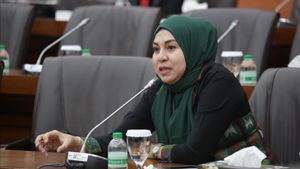JAKARTA - The Grand Imam of the Istiqlal Mosque in Jakarta, Nasaruddin Umar, asked the public not to force themselves to carry out Eid prayers at mosques like Eid in the previous year, due to the COVID-19 epidemic. Primarily, for the people of Jakarta who usually carry out Eid prayers at the Istiqlal Mosque.
According to him, loving the mosque is the most proud part of Muslims. However, in a pandemic like today, people are asked to imitate the story of the Prophet Muhammad who asked his friends not to come to the mosque when it was raining heavily.
"Rasulullah SAW at one time asked his friend not to go to the mosque because of heavy rain. It was raining water. But outside of us it is raining corona," said Nasaruddin in a press conference broadcast on the BNPB YouTube account, Saturday, May 23.
"Even the rain of water, the Prophet asked not to go to the mosque but pray at home, especially because this is the rain of the corona virus which is very deadly,"
The Grand Imam of the Istiqlal Mosque, Nasaruddin Umar
He asked the public not to force themselves to carry out massive worship activities ahead of the Eid Al-Fitr such as takbir crowd at mosques or even crowd for Eid prayers at the mosque.
Moreover, there have been many recommendations and dahlils issued by the Indonesian Ulema Council (MUI) to leaders of religious organizations, including religious leaders regarding prayer at home during the COVID-19 pandemic. So, Muslims should follow the recommendations that already exist, especially those of the scholars.
"As citizens of the nation, especially Muslims, who else would we follow if not our ulama or umara," said Nasaruddin.
"We really love the mosque, the joy of Eid al-Fitr. But this time it is very special and the special cause is from Allah, so we leave it to Allah," he added.

On that occasion, Nasaruddin also stated that in worshiping Muslims, Muslims should prioritize what is obligatory, namely maintaining the safety of their souls and families. Meanwhile going to the mosque is sunnah.
"The correct religion is to prioritize what is obligatory and then the sunnah. If we prioritize the new obligatory Sunnah, it is not appropriate in practicing religion," he explained.
Religion, he said, must not be selfish without being concerned with others. Nasaruddin gave an example, it is not permissible for selfish Muslims to want to get as much reward as possible by praying at the mosque but when he came home he brought illness for his family.
In fact, the month of Ramadan is still there next year and it is hoped that in a more normal condition, we can return to worship at the mosque.
"Pity our old mothers. Our immune system is lacking. Maybe we are healthy, but our parents will be victims, so we won't be able to see Ramadan next year," said Nasaruddin.
"Let's save life. Trying to choose a better destiny for us and this is the true teaching of Islam," he added.
Previously, through the Ministry of Religion, the government decided that Eid Al-Fitr 1 Syawal 1441 Hijriah would fall on Sunday, May 24. "1 Shawwal 1441 H falls on Sunday or Sunday, 24 May 2020," said Minister of Religion Fachrul Razi in Jakarta, Friday, May 22.
The situation for Lebaran this year is also certain to be different from previous years because of the COVID-19 pandemic. This is because the government has banned the implementation of Eid prayers in mosques and fields in accordance with the Minister of Health Regulation (Permenkes) Number 9 of 2020 concerning Large-Scale Social Restrictions (PSBB).
The English, Chinese, Japanese, Arabic, and French versions are automatically generated by the AI. So there may still be inaccuracies in translating, please always see Indonesian as our main language. (system supported by DigitalSiber.id)













